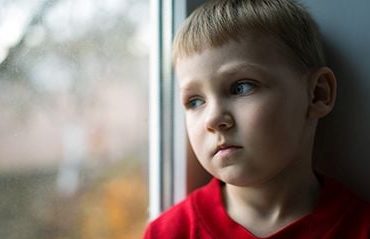Almost 10 percent of tips referenced firearm-related terms, with potential school shootings reported most frequently
Firearms were mainly lower or moderate in power; 82.1 percent were obtained via theft from relatives
Survivors and family members of survivors have increased mental health care use
2018 to 2021 saw 41.6 percent increase in firearm death rate; 82.6 percent of deaths were in children aged 15 to 19 years
Findings based on survey encompassing six clinical contexts involving heightened risk for firearm injury
Children with previous mental health service use, non-Hispanic Whites have higher odds of service use after injury
Intentional interpersonal or bystander injuries accounted for 67.2 percent of the cohort and increased in 2020
Despite burden among socially vulnerable youth, states with restrictive gun laws have lower rates of assault-related firearm deaths
Survivors also have increases in anxiety, depression symptoms, and reported stress at six months versus baseline
Among teens reporting firearm possession, those with depression and/or lifetime history of suicidality more likely to have bought/traded for it








